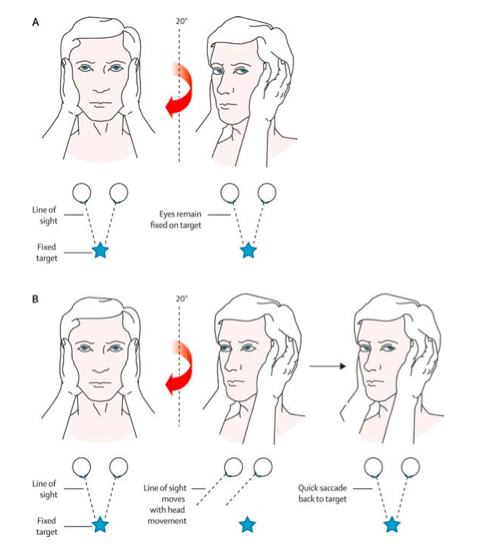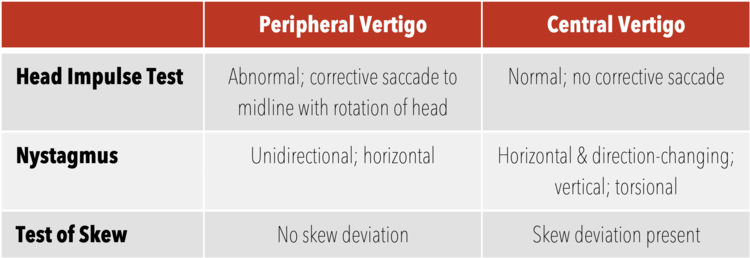
Introduction
A hint test is a type of hearing test that measures a person's ability to understand speech in noise. It is often used to assess hearing loss in adults and children, and to determine whether a person is eligible for hearing aids or other assistive devices.
Hint tests are typically conducted in a soundproof booth. The patient is asked to listen to a series of sentences that are spoken in a background of noise. The noise level is adjusted throughout the test to make it more or less difficult for the patient to understand the speech.
The patient's score on the hint test is based on the percentage of sentences that they are able to correctly repeat. A higher score indicates better hearing in noise.
Types of Hint Tests
There are two main types of hint tests:
- Hearing in Noise Test (HINT): The HINT test is the most common type of hint test. It is a standardized test that is used by audiologists around the world.
- Speech Recognition in Noise Test (SPRINT): The SPRINT test is a newer type of hint test that is designed to be more sensitive to mild hearing loss.
How is a Hint Test Performed?
A hint test is typically performed by an audiologist. The audiologist will begin by taking a detailed medical history and performing a physical examination of the ears. They will also ask the patient about their hearing difficulties and any other symptoms that they are experiencing.
Once the audiologist has a good understanding of the patient's hearing history and symptoms, they will perform the hint test. The patient will be seated in a soundproof booth and asked to listen to a series of sentences that are spoken in a background of noise. The noise level will be adjusted throughout the test to make it more or less difficult for the patient to understand the speech.
The patient's score on the hint test is based on the percentage of sentences that they are able to correctly repeat. A higher score indicates better hearing in noise.
What Do the Results of a Hint Test Mean?
The results of a hint test can be used to diagnose hearing loss and to assess its severity. They can also be used to determine whether a person is eligible for hearing aids or other assistive devices.
A normal score on a hint test is 70% or higher. A score of 50-69% indicates mild hearing loss. A score of 30-49% indicates moderate hearing loss. A score of 29% or lower indicates severe hearing loss.
It is important to note that the results of a hint test should be interpreted in light of the patient's medical history and other symptoms. For example, a patient with a history of noise exposure may have a normal score on a hint test even if they have hearing loss.
Who Should Get a Hint Test?
A hint test is recommended for anyone who has difficulty hearing in noise. This includes people who:
- Have trouble understanding speech in noisy environments, such as restaurants, social events, or at work
- Have trouble hearing the TV or radio at a normal volume
- Have to ask people to repeat themselves frequently
- Have to turn up the volume on the TV or radio to a high level
- Have difficulty hearing conversations in a noisy car
Benefits of Getting a Hint Test
A hint test can provide a number of benefits, including:
- Early diagnosis and treatment of hearing loss: A hint test can help to diagnose hearing loss early, when it is most treatable. Early treatment can help to prevent further hearing loss and improve quality of life.
- Determination of eligibility for hearing aids and other assistive devices: A hint test can help to determine whether a person is eligible for hearing aids or other assistive devices.
- Monitoring the progression of hearing loss: A hint test can be used to monitor the progression of hearing loss over time. This information can be used to adjust treatment plans and ensure that the patient is receiving the best possible care.
How to Prepare for a Hint Test
There is no special preparation required for a hint test. However, it is important to be well-rested and to avoid caffeine and alcohol before the test.
What to Expect During a Hint Test
A hint test is typically a painless and non-invasive procedure. The audiologist will begin by explaining the test to the patient and answering any questions that they may have.
Once the patient is ready, the audiologist will place the headphones on the patient's ears and start the test. The patient
WebHINTS stands for Head Impulse, Nystagmus, and Test of Skew, and is a three-part oculomotor test. If any portion of the test indicates a central aetiology, the test is. WebThis battery of bedside clinical tests consists of three examinations: the head impulse test (HI-), characterization of spontaneous nystagmus (-N-), and test of skew (. WebThe head impulse-nystagmus-test of skew (HINTS) bedside assessment is more sensitive than brain MRI in identifying stroke as the cause of AVS within the first 24 hours.. WebThis systematic review aims to evaluate whether point-of-care emergency physicians, without special equipment, can perform the HINTS examination or.
What Is A Hint Test, The HINTS exam, 11.08 MB, 08:04, 864,082, Peter Johns, 2016-07-13T00:02:14.000000Z, 2, Vertigo: A hint on the HiNTs exam — NUEM Blog, 548 x 502, jpg, , 3, what-is-a-hint-test
What Is A Hint Test. WebIs the HINTS exam (Head-Impulse—Nystagmus—Test-of-Skew) more sensitive for diagnosing stroke than early MRI diffusion-weighted imaging in Acute Vestibular.
Who to perform the HINTS exam on, how to perform it, and how to interpret the result.
What Is A Hint Test, WebThe head impulse-nystagmus-test of skew (HINTS) bedside assessment is more sensitive than brain MRI in identifying stroke as the cause of AVS within the first 24 hours.. WebThis systematic review aims to evaluate whether point-of-care emergency physicians, without special equipment, can perform the HINTS examination or.

Vertigo: A hint on the HiNTs exam — NUEM Blog - Source: nuemblog.com

HINTS exam in Acute Vestibular Syndrome | Department of Emergency Medicine | Saint John - Source: sjrhem.ca

HiNTS exam — Maimonides Emergency Medicine Residency - Source: maimonidesem.org


Belum ada tanggapan untuk "What Is A Hint Test"
Posting Komentar